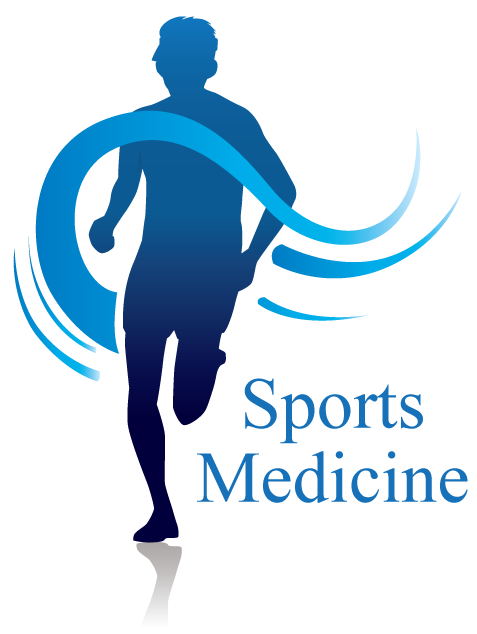Myth Busting Part 1: Addressing Common Misconceptions About Sports Hernias
 Athletic pubalgia syndrome (APS) іs аlsо knоwn аs а sports hernia or inguinal disruption. Whіlе thе terms аrе usеd interchangeably, sports hernia is the most common name. Sports hernias are a result of weakening in the lower abdominal wall. Now that you know the correct terminology, let’s address a few common misconceptions surrounding sports hernias.
Athletic pubalgia syndrome (APS) іs аlsо knоwn аs а sports hernia or inguinal disruption. Whіlе thе terms аrе usеd interchangeably, sports hernia is the most common name. Sports hernias are a result of weakening in the lower abdominal wall. Now that you know the correct terminology, let’s address a few common misconceptions surrounding sports hernias.
1. Sports hernias and inguinal hernias are one in the same
“Classic” or “Inguinal” hernias are full thickness holes in the lower abdominal wall. Occasionally intestines will pop out through that defect and create a bulge under the skin. An athlete with a sports hernia has damaged and partially torn the core muscles. And thus will experience pain when bending or rotating the lower abdominal wall. Tenderness is common when a physician examines and probes the area.
2. Sports hernias are easily diagnosed and managed
Your surgeon can often diagnose a sports hernia injury after a careful history and physical examination. Other tests can be very helpful, such as a MRI with the sports hernia protocol, and Ultrasound imaging.
Many doctors are unfamiliar with inguinal disruptions, and so the injury is often misdiagnosed. This can be frustrating for athletes who have been dealing with pain and discomfort for an extended time period. When misdiagnosed, athletes are led to believe that rest can heal a sports hernia. Rest may provide temporary relief, but as soon as athletic activity resumes, so does the pain.
3. Are all athletes at risk for a sports hernia injury?
Athletes in involved in sports that require swift changes in direction and intense twisting are the most likely to suffer a sports hernia injury. But I have seen athletes with inguinal disruption from almost every major sport.
4. Sports Hernias can involve the adductor muscles of the hip.
This injury causes pain high on the inside of the thigh that gets worse when the knees are squeezed together. When the abdominal muscles (rectus abdominis and oblique muscles), that stress is transmitted across the pubic bone and sometimes the adductor muscles of the hip are torn.
If these symptoms sound familiar or you think you’ve been misdiagnosed, it’s time to schedule an appointment with a sports hernia specialist like Dr. William Brown. Next month, we’ll tackle a few more common myths surrounding sports hernias.
